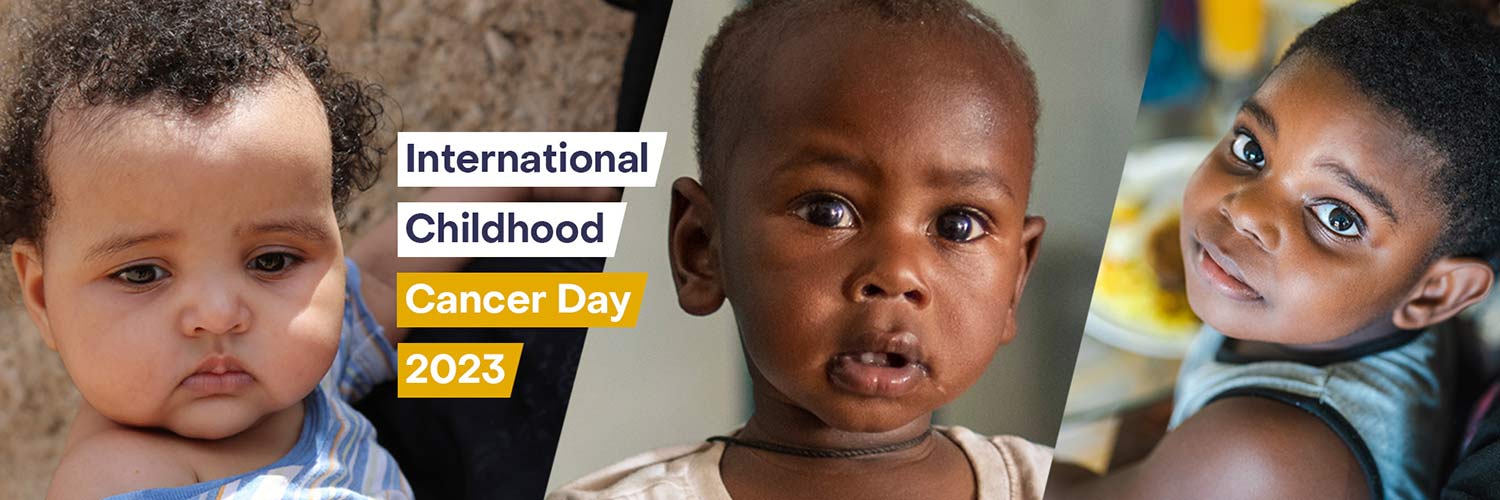More
 International Childhood Cancer Day 2023
Back to the News item
International Childhood Cancer Day 2023
Back to the News item
At IARC, we develop the International Classification of Childhood Cancer and study the causes of childhood cancers, as well as patients’ survival and outlook, all in collaboration with colleagues from around the world. To ensure high research standards internationally, we also contribute to capacity-building.
With the support of the IARC Learning and Capacity-Building Branch, we offered two online courses on childhood cancer registration in September 2022, during Childhood Cancer Awareness Month. The courses were provided to 60 participants from 10 countries in Asia as part of the education programme of the Targeting Childhood Cancer through the Global Initiative for Cancer Registry Development (ChildGICR) project in collaboration with St. Jude Children’s Research Hospital. Both courses used original teaching materials developed in 2021 during the ChildGICR Masterclass to introduce the childhood-specific features of the cancer burden, tumour classification and staging, and data collection, quality control, analysis, and use. The courses inspired at least 50 of the participants to contribute to the development of childhood cancer registration through their work areas, as they stated during the follow-up meetings, held in January 2023.
Cancer registries collect precious data on the extent and variation of cancer occurrence and outcome. However, such registries have not been established in many countries, and they often lack administrative and financial support, which results in a high turnover of personnel. Because childhood cancers account for a small proportion of the overall cancer burden and require a specific approach to data collection, processing, and reporting, the ChildGICR collaboration strives to stimulate national stakeholders to embrace this specific area of cancer surveillance.
We hope to assist in the development and improvement of registration of cancer in children, so that many countries can collect internationally comparable data. This information is used in planning for care and in setting up cancer control programmes that include childhood cancer. In low- and middle-income countries, care for children with cancer is still suboptimal and data are missing. The provision of data on the global burden of cancer is one of the missions of the IARC Cancer Surveillance Branch. Capacity-building is our sustained contribution to the WHO Global Initiative for Childhood Cancer and the achievement of the goal of at least 60% overall survival for children with cancer by 2030.
The two online courses I mentioned previously were run from Chennai, India, and Hanoi, Viet Nam, in collaboration with the GICR Hub for South, East and South-Eastern Asia in Mumbai, India, and the GICR Collaborating Centre in Japan. In accordance with the GICR strategy, we empower local partners, who help us to build solid networks of stakeholders and collaborators. We are planning further ChildGICR courses in the regions of need and interest. New data resources produced by trained personnel will also intensify childhood cancer research.